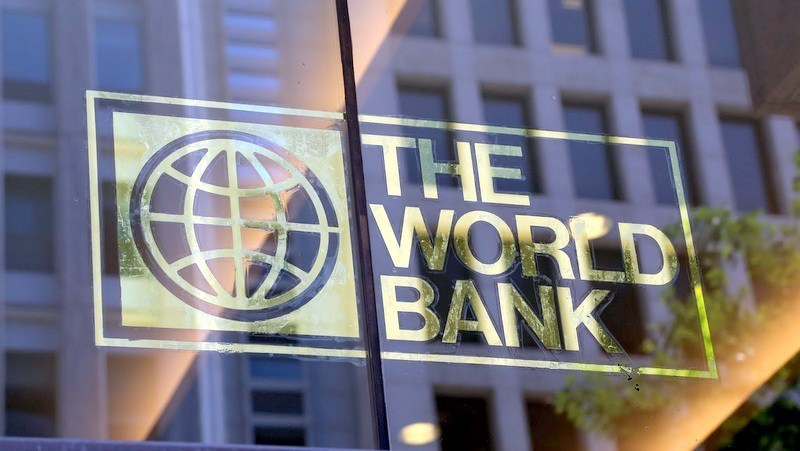ECONOMY
World Bank extends dateline for closure of community, social devt project

The World Bank has approved the extension of its funding support to the implementation of the Community and Social Development Project (CSDP) in Nigeria.
Malam Suleiman Odapu, Information and Communication Officer of CSDP, made this known in a statement in Abuja.
Odapu said that the world bank conveyed the approval in a letter addressed to the Minister of Finance, Budget and National Planning, Zainab Ahmed and copied to the National Coordinator of CSDP, Dr Abdulkarim Obaje.
Odapu added that the world bank extended its financing of the project to three months.
“We are pleased to inform you that the Association has accordingly, extended the closing date of the project and associated credits and established to Dec. 31, 2020.
”As the later date for purposes of Section IV.B.2 of Schedule 2 of the Agreements” Shubham Chaudhuri, the World Bank Country Director for Nigeria stated.
”The CSDP was earlier scheduled to close on Sept. 30, 2020. The Federal Government of Nigeria had on Sept. 22, 2020 written to the World Bank requesting for an extension of the closing date of the Project.
”Government cited the need to strengthen the institutional framework for the implementation of the proposed Nigeria COVID-19 Action Recovery and Economic Stimulus (N-CARES) as part of the reasons for the request to extend the Project closing date.
”The Federal Project Support Unit of CSDP has been designated as the Focal Agency for the preparation of the N-CARES Programme,” he said.
Odapu disclosed that that the CSDP became effective in 2009 and had assisted communities and vulnerable groups, including returnee Internally Displaced Persons to design and implement 17,048 micro projects in key sectors.
He said the key sectors are the rural economy such as education, water, health, transportation, electricity, environment and natural resources conservation and community Housing across the 29 states and FCT participating in the projects.
”The Project, using the highly effective and community friendly tool, the Community Driven Development (CDD) approach has positively impacted on the poor communities as a core strategy for alleviating poverty and promoting inclusive growth in the country since 2009.”
He said that the Federal Government received the proposed CDD Policy for Nigeria which seeks to institutionalise and regulate the mechanism for bringing sustainable peace and development to underserved communities in the country.
He said that the policy was developed by stakeholders and coordinated by the Federal Project Support Unit of the CSDP.
Our corrrespondent reports that following the success story of the parent CSDP 2009 to 2013, the Federal Government sought assistance from the World Bank towards implementation of the CSDP additional financing.
The project is assisted by the World Bank and co-financed by the Federal government and the participating states of: Abia, Akwa Ibom, Adamawa, Anambra, Bauchi, Bayelsa, Benue, Borno, Cross River, Ebonyi, Edo, Ekiti, Enugu, Gombe, Katsina, Kebbi, Kogi, Kwara, Nasarawa, Niger, Ondo, Osun, Oyo, Plateau, Taraba, Yobe, Zamfara and the FCT Abuja.
The CSDP is a community driven development project focusing on building and rebuilding social and natural resource infrastructure services at the community level.
The overall goal of the CSDP is improved access to services for Human development, while the Project Development Objective is to sustainably increase access of poor people to social and natural resource infrastructure services.
The CSDP seeks to promote the human development of poor people at the grass root level using a CDD approach.


















 Davido's Net Worth & Lifestyle
Davido's Net Worth & Lifestyle 
